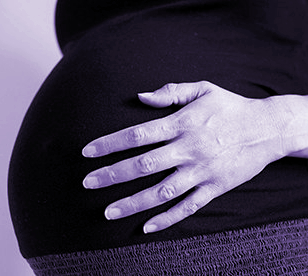Mum's bugs boost babies
 A new study has found that a mother’s gut bugs can affect their baby’s food allergies.
A new study has found that a mother’s gut bugs can affect their baby’s food allergies.
Research by an Australian consortium has found that the presence of the bacterium Prevotella copri in mothers’ microbiome during pregnancy is associated with a decreased risk of their children developing food allergies during the first year of life
During pregnancy, the maternal gut microbiome has an important role in stimulating foetal immune development. However, it has been suggested that the absence of specific bacterial species may be associated with an increased risk of immune-related diseases.
Researcher Peter Vuillermin and colleagues analysed the microbiome of 1,064 mothers in an Australian cohort during pregnancy and reviewed their children every three months until one year of age.
They found that children of mothers who carried the gut bacterium P. copri were less likely to develop food allergies.
The authors found that the protective association was greatest among women whose diet was high in fat and fibre. Larger household sizes and lack of exposure to antibiotics in the third trimester of pregnancy were also correlated with increased maternal carriage of P. copri.
Further studies will be necessary to corroborate the findings in other populations and assess the potential of P. copri as a probiotic and/or biomarker.
However, the authors suggest that their results highlight the importance of antibiotic stewardship during pregnancy as well as a diet that maintains an optimal maternal gut microbiome.








 Print
Print